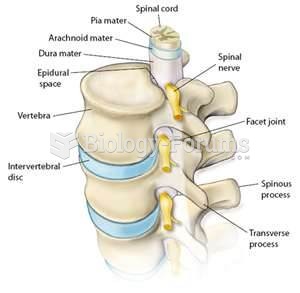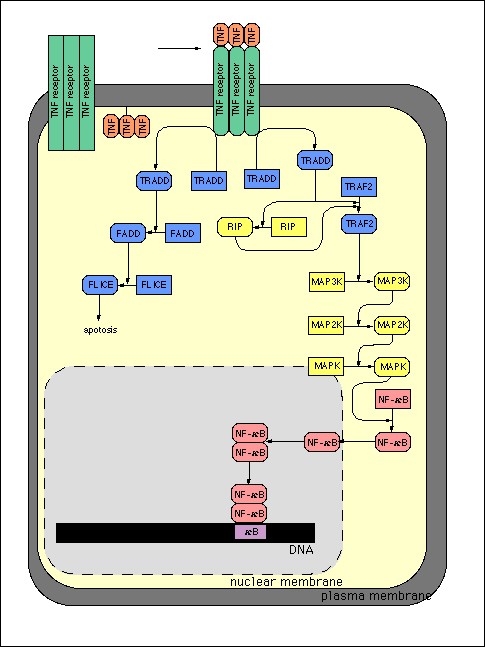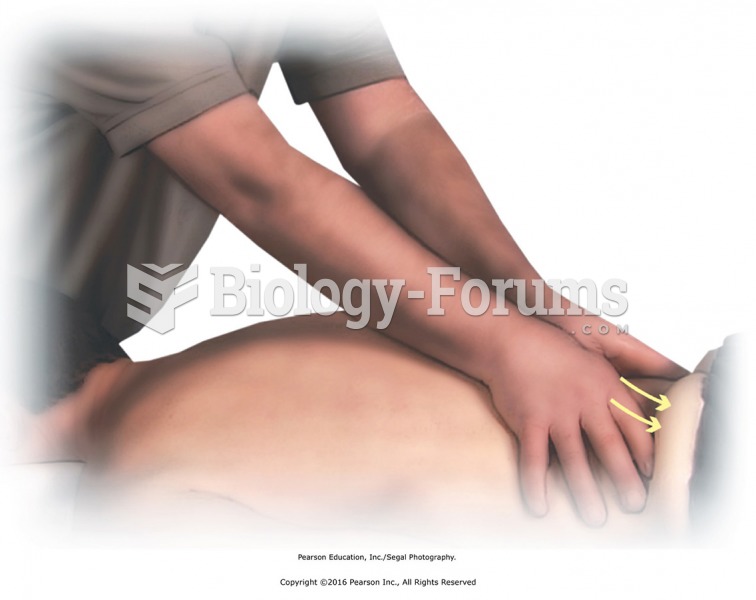|
|
|
Cytomegalovirus affects nearly the same amount of newborns every year as Down syndrome.
Vaccines prevent between 2.5 and 4 million deaths every year.
Hippocrates noted that blood separates into four differently colored liquids when removed from the body and examined: a pure red liquid mixed with white liquid material with a yellow-colored froth at the top and a black substance that settles underneath; he named these the four humors (for blood, phlegm, yellow bile, and black bile).
Intradermal injections are somewhat difficult to correctly administer because the skin layers are so thin that it is easy to accidentally punch through to the deeper subcutaneous layer.
Coca-Cola originally used coca leaves and caffeine from the African kola nut. It was advertised as a therapeutic agent and "pickerupper." Eventually, its formulation was changed, and the coca leaves were removed because of the effects of regulation on cocaine-related products.
 A Hall-effect sensor produces a digital on-off voltage signal whether it is used with a blade or a ...
A Hall-effect sensor produces a digital on-off voltage signal whether it is used with a blade or a ...
 Apply deep circular friction with the fingertips to the erector muscles on the right side, moving ...
Apply deep circular friction with the fingertips to the erector muscles on the right side, moving ...





